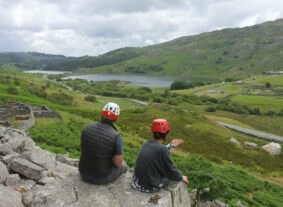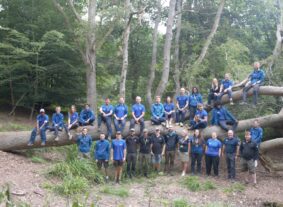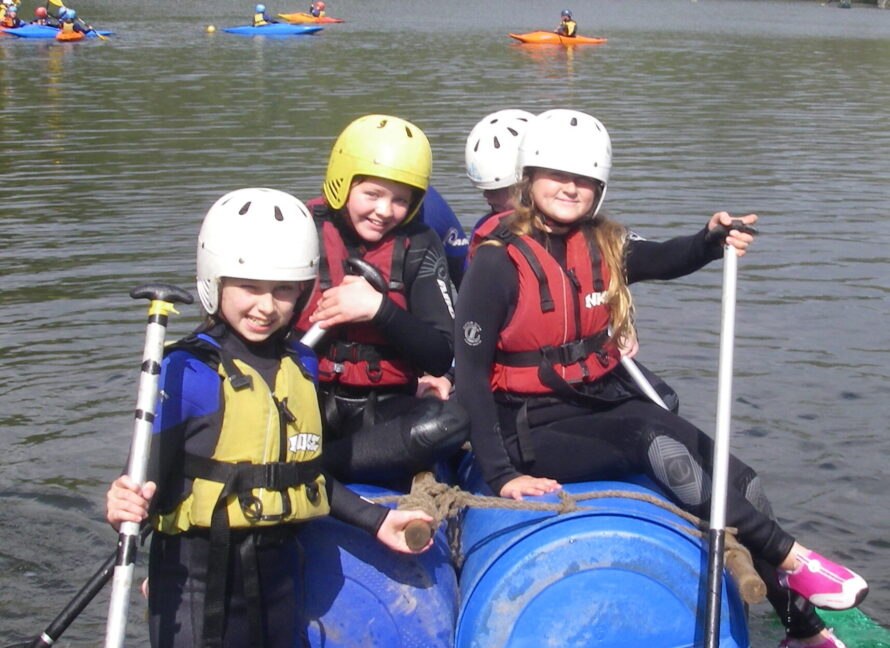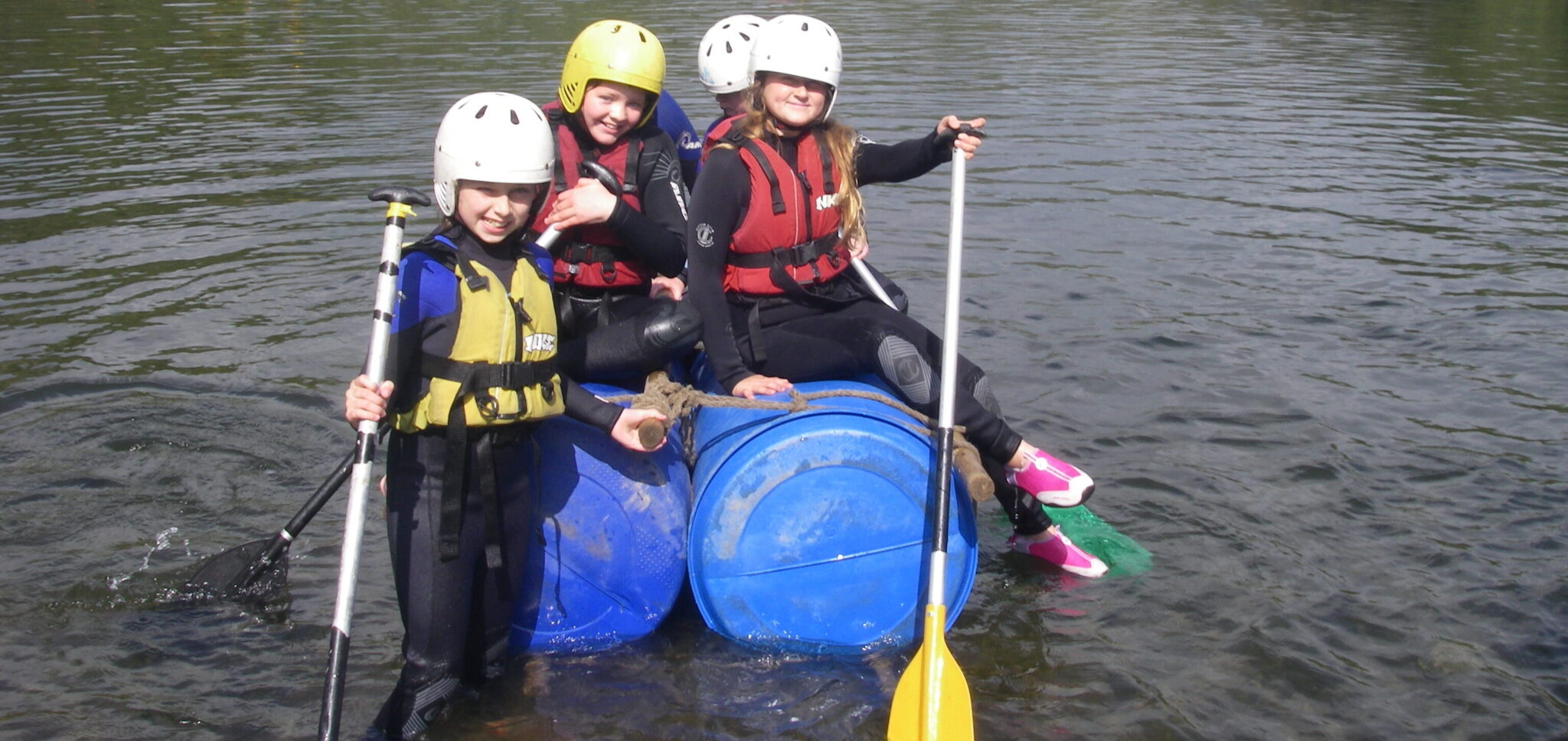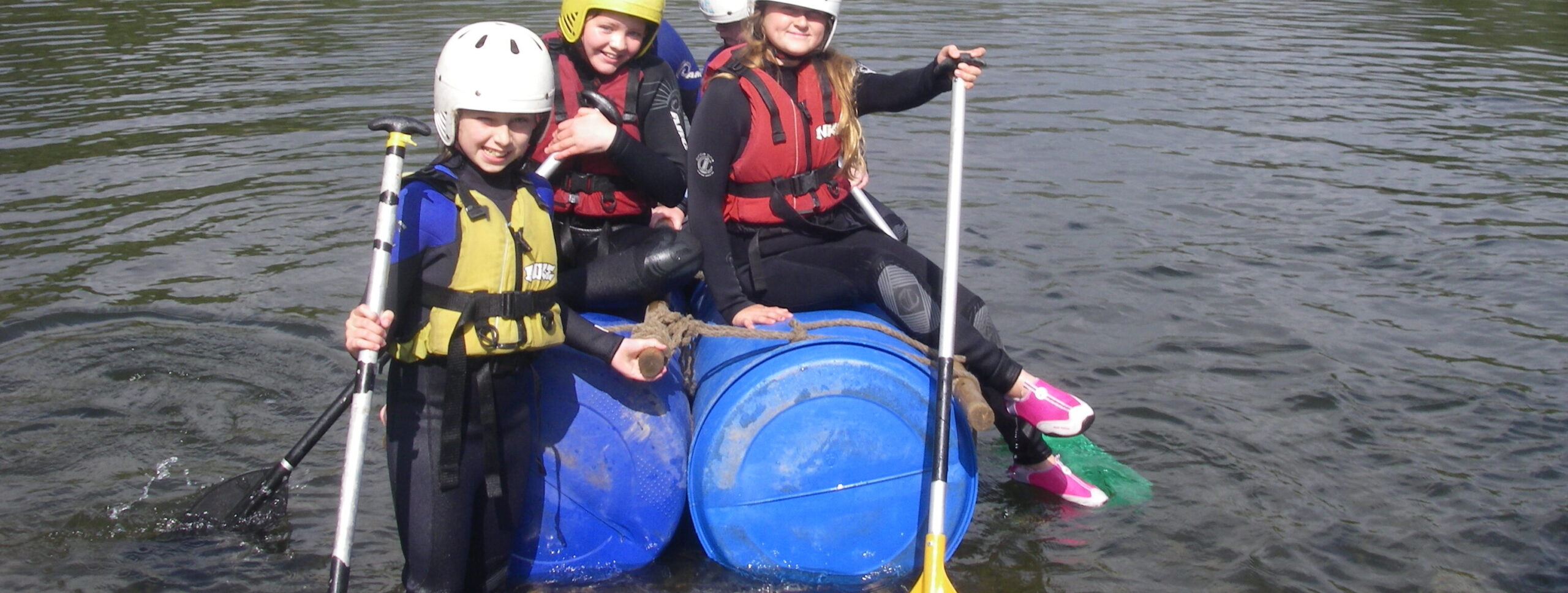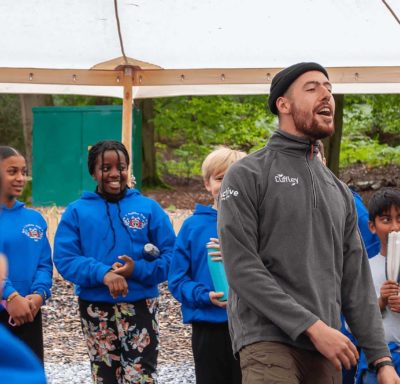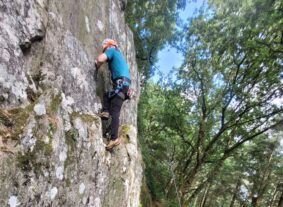
University Groups
University groups can embark on trips filled with activities that foster teamwork, confidence building, and more.
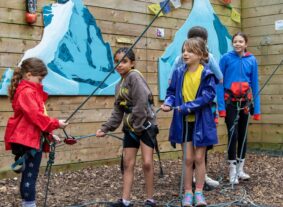
Scouts & Girl Guides
Excitement, teamwork, and loads of fun experiences await for Scouts, Cubs, Brownies and Guides.
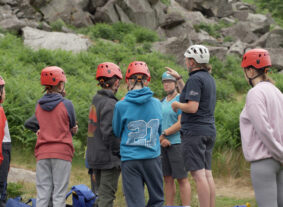
Youth Groups
Thrilling adventures await during your Youth Club and Trust residential trip at our outdoor activity centres.
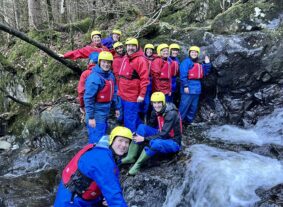
Corporate
Get your team into the great outdoors to promote teamwork and co-operation on our corporate group trips.

Over 100 acres of beautiful woodland wilderness, easily accessible from London.
Based in Hertfordshire, the picturesque woodland setting of Cuffley Active Learning Centre promotes development and growth through engaging outdoor activities.
With the option of staying in our Pod Village or camping in Bell Tents, groups blend into the trees in their own exclusive camp with no crowds or queues.

A magnificent coastal centre, delivering unique outdoor adventures.
Based in Pembrokeshire, Sealyham Active Learning Centre is an outdoor paradise, encouraging confidence and personal development through a comprehensive range of coastal-based and inland activities.
Premium accommodation, expert staff, and high quality locally sourced food, create remarkable learning experiences.

An exceptional mountain-based centre, providing highly tailored learning experiences
Situated in the heart of Snowdonia National Park, The Towers Active Learning Centre delivers an exemplary standard of outdoor activities and instruction.
The outstanding high-quality accommodation provide a modern and comfortable base that teachers and students adore.

DofE Gold Residential
We offer a multi-activity residential course designed specifically for Gold DofE.
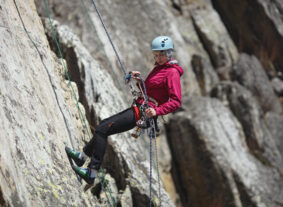
ALC International
The home of Adventure English for international students, in partnership with Ardmore Education.
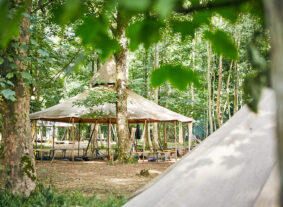
Camp Wilderness
If you’re looking for a summer holiday adventure for your child at one of our centres, head over to Camp Wilderness.

Facility Rental
Rent out self-catering accommodation for up to 16 people, including plenty of parking on the grounds of The Towers.






